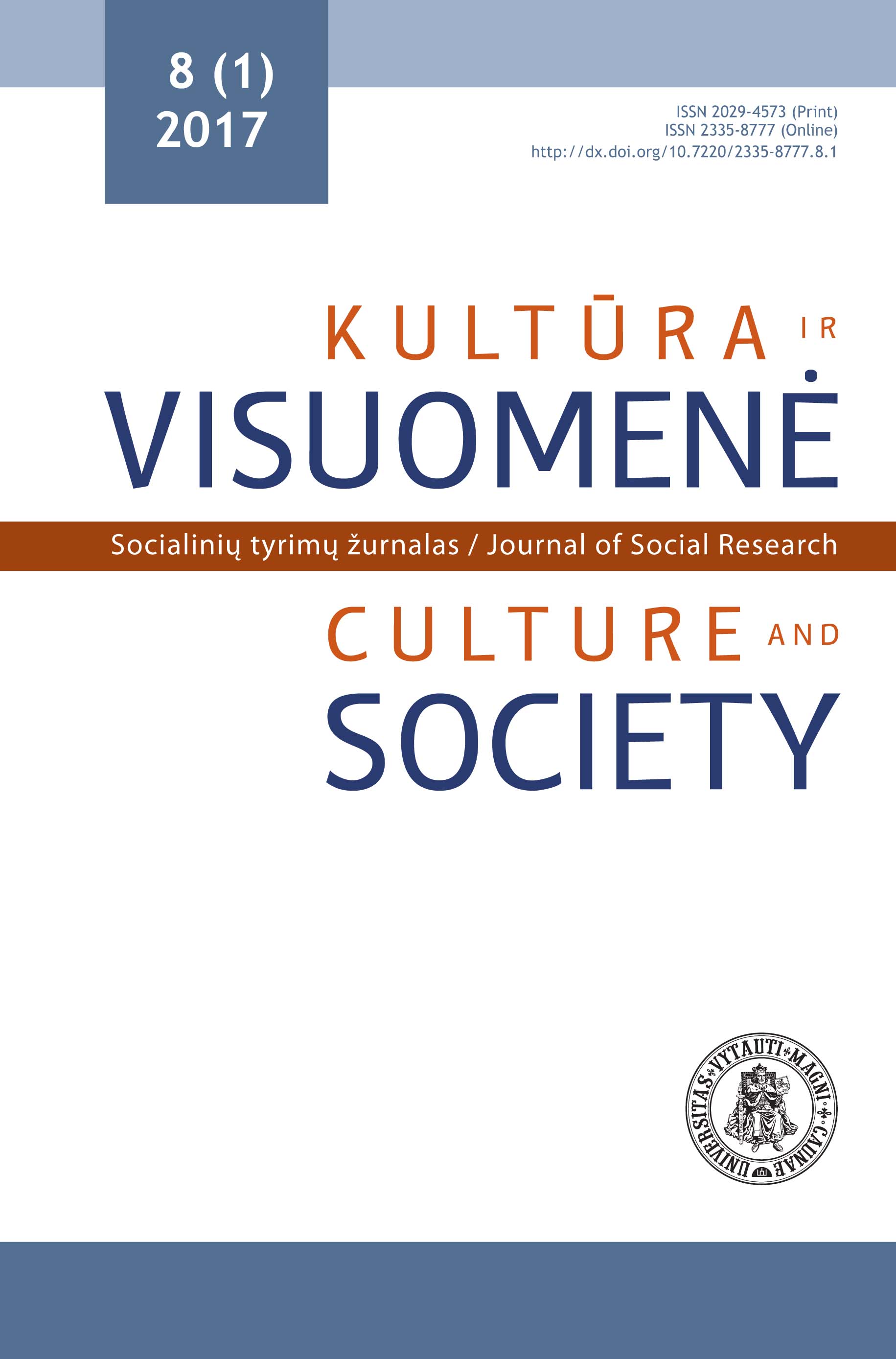Išsiskyrę vyrai ir poskyrybinės tėvystės modeliai
Divorced Men and Models of Postdivorce Fatherhood
Author(s): Artūras Tereškinas, Aušra MaslauskaitėSubject(s): Gender Studies, Family and social welfare, Sociology of Culture, Socio-Economic Research
Published by: Vytauto Didžiojo Universitetas
Keywords: Postdivorce fatherhood; Father’s roles; New fatherhood; Economic fatherhood; Absent fathers; Masculinity;
Summary/Abstract: Analyzing 25 biographical interviews with divorced men of different class, education, professional involvement, living in three biggest Lithuanian cities, Vilnius, Kaunas and Klaipėda, the article distinguishes three broad types that reflect father’s identities and their different strategies utilized to make sense of their experience. Men of the first type comprised of fathers who espouse “new fatherhood” did not follow culturally prescribed script of merely economic provider but practiced involved fathering. The second group resigned to the breadwinner role and acquiesced to it. These divorced men did not resist the dominant imperative of economic fatherhood ingrained in the Lithuanian legal system. Moreover, these men were the most likely to express traditional views not only about parenting but also about masculinity and men and women’s roles. Their failure to engage in extensive cooperation with their former spouses led to more obstacles in maintaining father-child relationships. The third smallest group of men withdrew from all fathering responsibilities: because of unemployment and economic hardship or irreconcilable clashes with former spouses, they neither financially supported their children, nor maintained a father-child contact. Their divorce led to their disinvestment in children and their withdrawal from children’s economic, social, emotional and psychological support. Our findings also show that fatherhood is clearly stratified by class. Almost all men of the first two types belonged to the middle or upper middle class, while the third group could be best described as a working-class or even underclass living on social security benefits. Secondly, our research confirms the results of other studies that demonstrate positive association between levels of inter-parental co-operation and levels of paternal involvement among divorced men.
Journal: Kultūra ir visuomenė: socialinių tyrimų žurnalas
- Issue Year: VIII/2017
- Issue No: 1
- Page Range: 11-33
- Page Count: 23
- Language: Lithuanian

